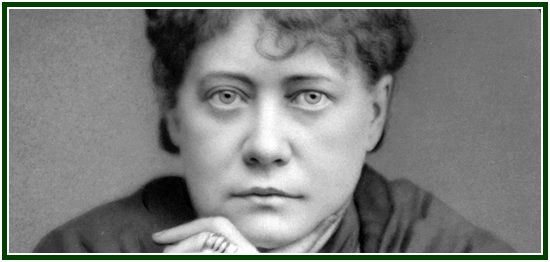
A Noble and Firm Intention
Leads to the Universal Wisdom
John Garrigues

The main purpose of an individual
works like the needle of a compass
works like the needle of a compass
00000000000000000000000000000000000
Editorial Note:
The following article was first
published anonymously at “Theosophy”
magazine, Los Angeles, in April, 1932, pp.
260-261. An analysis of its contents and
style indicates it was written by John Garrigues.
(CCA)
00000000000000000000000000000000000000000000
“Never will I seek nor receive private individual salvation; never will I enter into final peace alone; but forever, and everywhere, will I live and strive for the redemption of every creature throughout the world.” [1]
This ancient pledge “contains the idea of the highest motive possible for man to attain.”
A motive such as this must dominate all thought and action, must be the guiding power through life if one would be eligible to attain “that peace which passeth all understanding.”
The quest for individual salvation has been thought the duty of every good Christian for untold centuries. “What must I do to be saved? I must be saved regardless of the fate of my brother” – has been and is the cry of humanity at large.
To the average human being his own individuality looms so great that it is not difficult to understand why his values have become confused; that he really believes the higher he rises in the material world, the closer will he come to final salvation!
What to do and what not to do for individual gain and advancement is the ruling factor of everyday existence. One man accumulates great wealth. He has centered his whole interest and attention upon it for the greater part of his life; all else but the achievement of individual gain has been cast into the discard. But these treasures cannot buy his way into eternal bliss, for along the path of wealth-attainment are to be seen the bowed heads and backs of those who have contributed to his gain.
“It is easier for a camel to pass through the eye of a needle than for a rich man to enter the kingdom of heaven”, said Jesus.
Why did he say this?
Because he knew that the motive of those striving for individual attainment was wholly out of tune with the Kingdom of Heaven – “heaven” being understood as the highest place, the place of “all-knowingness.”
Being “rich” applies not only to the accumulation of monetary wealth but to the strife for possession of any material thing. So, a man may be rich in selfishness and not have money; he may be rich in a life of disobedience to the laws of nature and not have money. He may live a life based on the achievement of political or social position and the approbation of the world at large – but he alone may tell what motive ruled his way.
Theosophy teaches that material possessions and material achievements are but barriers to spiritual advancement unless they be used wisely, and unless the one who possesses them can detach himself from them to such an extent that when the call comes to relinquish, he may lay them down without regard or reservation.
The ancient pledge demands a willingness to give up unconditionally all of the treasures of self and personality. Self-renunciation is a most difficult achievement, for self lies at the root of all action and actions we must do. How, then shall they be done with the right motive?
Right motive requires that we do our duty with heart unattached to the result, satisfied in doing the will of the Lord within. [2]
Students of Theosophy know that every effort made in this manner is a step in the right direction and though our progress may be slow even through countless lives, we are learning something from every experience and distilling from life’s bitterness and sorrows a balm for the soul.
As a light shining in the darkness to those who seek, will come the realization of the underlying principles of existence and the knowledge of the One Self which is the “Self of all creatures.”
NOTES:
[1] This is the “Kwan-Yin Pledge”. See “Notes on the Bhagavad Gita”, Theosophy Company, Los Angeles, 237 pp., see p. 152. The pledge is also reproduced in the volume “The Friendly Philosopher”, by Robert Crosbie, Theosophy Co., 1934/1945/2008, p. 357. (CCA)
[2] “Lord within”: the higher self, or spiritual soul. (CCA)
000
In September 2016, after a careful analysis of the state of the esoteric movement worldwide, a group of students decided to form the Independent Lodge of Theosophists, whose priorities include the building of a better future in the different dimensions of life.
000
E-Theosophy e-group offers a regular study of the classic, intercultural theosophy taught by Helena P. Blavatsky (photo).

Those who want to join E-Theosophy e-group at YahooGroups can do that by visiting https://groups.yahoo.com/neo/groups/E-Theosophy/info.
000